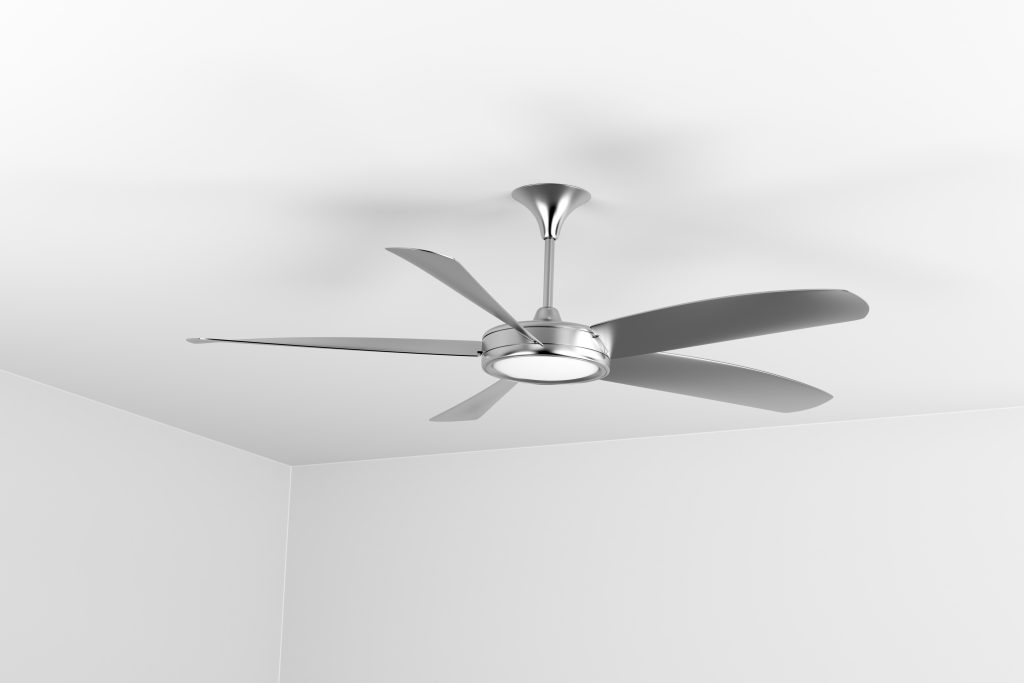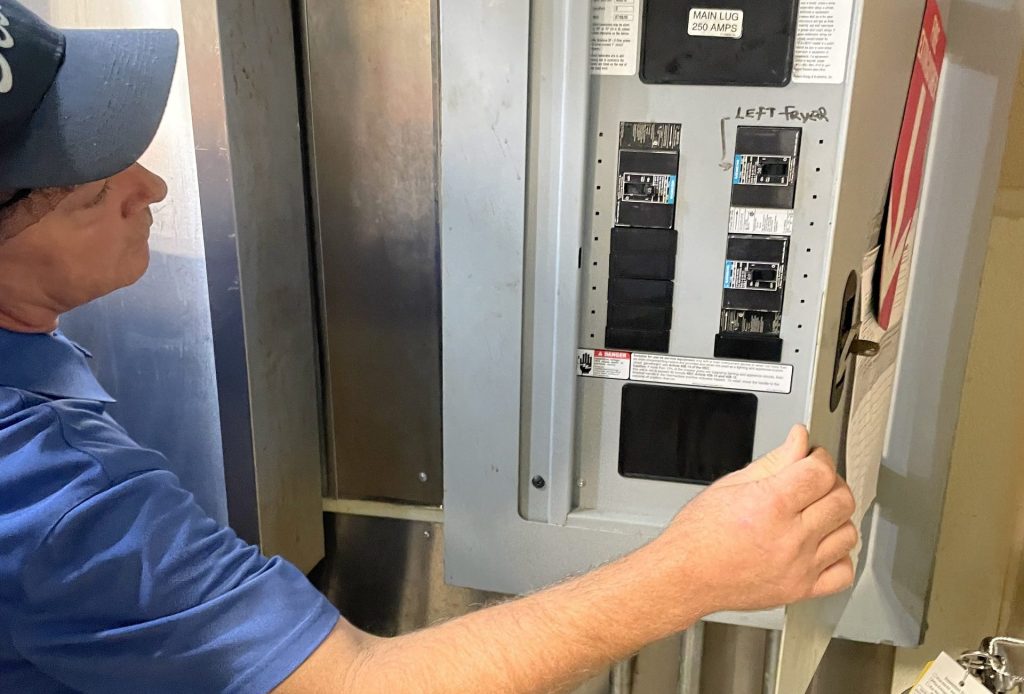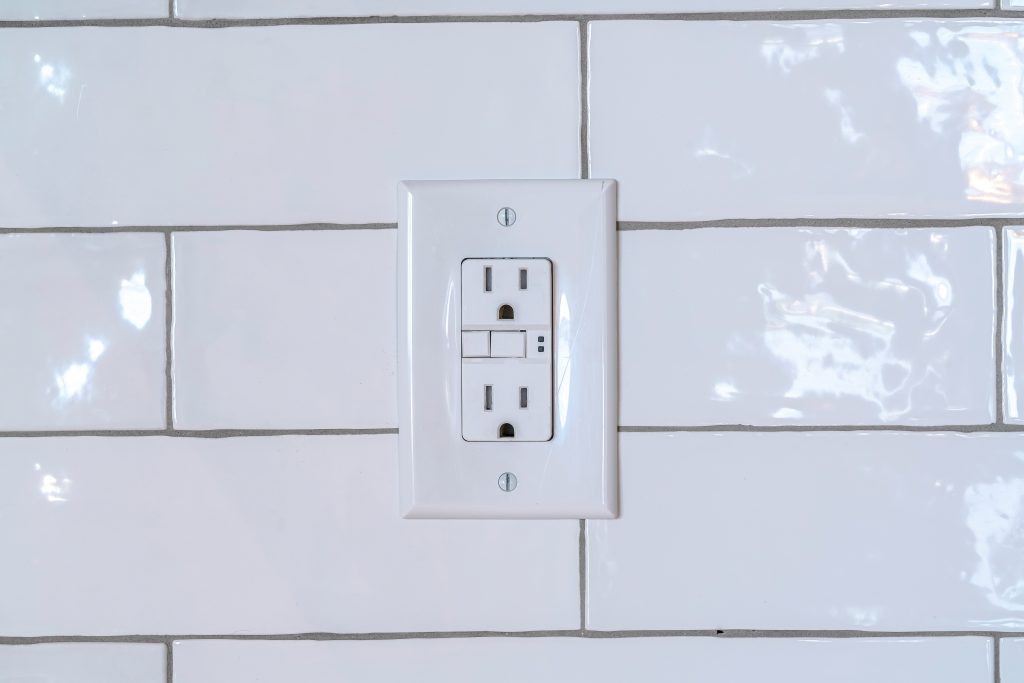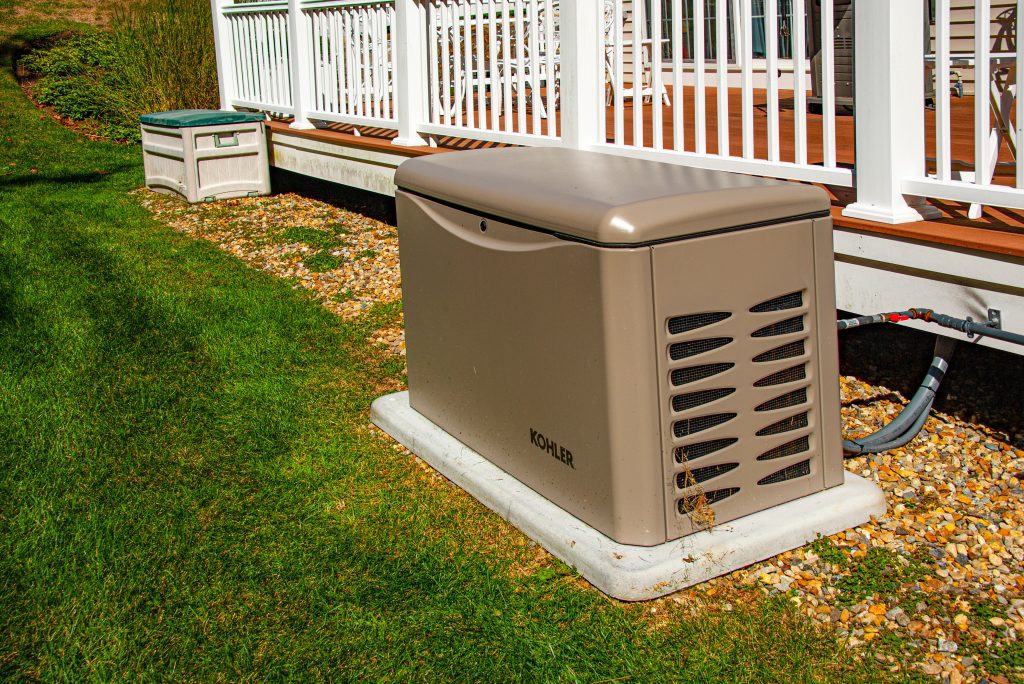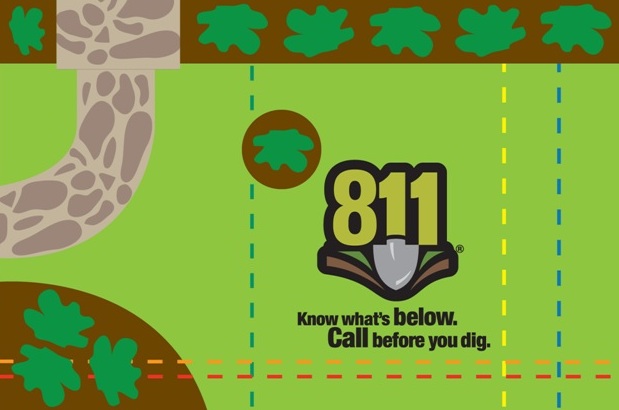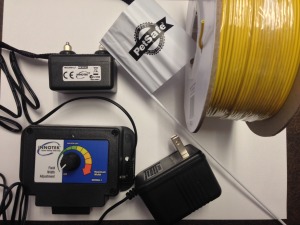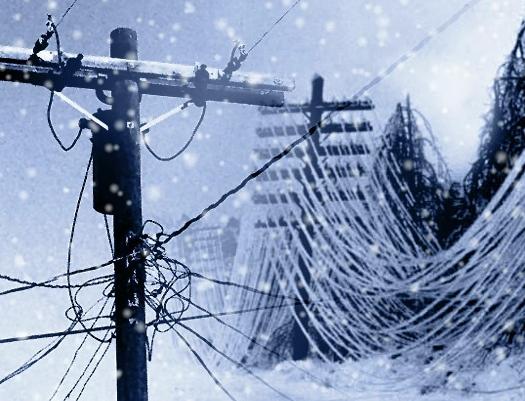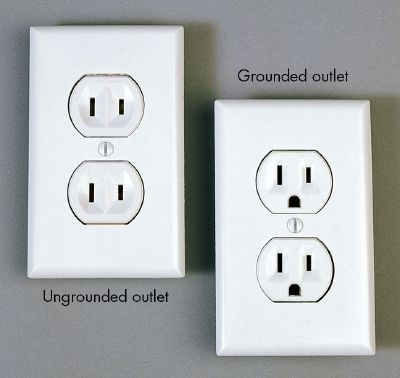Electrical Saftey
Indoor & Outdoor Ceiling Fans: There is a Difference!
Indoor & Outdoor Ceiling Fans: There is a Difference By Tim Jackson | Jul 15, 2011 Ceiling fans enhance our indoor lives with a cooling breeze in the Summer and a beneficial circulation of warm air in the Winter. However, the benefits of ceiling fans are not exclusive to indoor environments. Outdoor ceiling fans can…
Read MoreIs my electrical panel safe? | 14 Point Electrical Panel Inspection
Is My Electrical Panel Safe: 14 Point Electrical Panel Inspection By Tim Jackson | Jan 15, 2011 Most insurance companies recommend that your home electrical panel be inspected and maintained once every three years, yet the majority of homes are never inspected or maintained until a problem develops. Flickering lights, buzzing and sizzling noises…
Read MoreHow to Troubleshoot a GFCI Receptacle
How to Troubleshoot a GFCI Receptacle By Tim Jackson | Dec 20, 2010 GFCI stands for Ground Fault Circuit Interrupter. The GFCI is a device designed to provide protection to users from electric shock. This special receptacle works by constantly monitoring the flow of electricity in a circuit. If a loss is detected, the…
Read MoreEmergency Residential Generator Installation
Emergency Residential Generator Installation By Tim Jackson | Dec 07, 2010 Hello. My name is Tim Jackson and I’m the Director of Service Operations for Belco Electric. I’ve been working at Belco Electric for over 10 years now. Today I want to talk to you about some considerations when deciding to install an emergency generator…
Read MoreCALL BEFORE YOU DIG (or lose your cable TV)
Call Before You Dig or Lose Your Cable By Tim Jackson | Aug 01, 2014 If you are planning any projects around the house that involve digging or driving objects into the ground, do yourself a huge favor and “call before you dig”! A short time ago, I was having my gravel driveway finished with…
Read MoreHOW TO PROTECT YOUR HOME FROM LIGHTNING DAMAGE REVISITED
How to Protect Your Home From Lightning Damage By Tim Jackson | Mar 17, 2011 As spring approaches here in Atlanta, now is a good time to assess your surge protection system to help guard against lightning damage to the electronic devices in your home. Of course, nothing can guard against a direct lightning strike,…
Read MoreIs an Underground Pet Fence Safe?
Is an Underground Pet Fence Safe? By Joey Heard | Sept 06, 2013 I recently read a well-written newsletter from a power company about the electrical dangers of underground or “invisible” pet fences. It really got me thinking. As a Master Electrician with over 20 years’ experience, I feel qualified to discuss the electrical concerns…
Read MoreArc-fault Circuit Interrupters (AFCI), Electrical Safety Every Home Needs
Arc-Fault Circuit Interrupters (AFCI) By Tim Jackson | Feb 18, 2013 There is a relatively new electrical safety device on the market and it can save your life! What is this wonderful device you ask? It is the Arc-Fault Circuit Interrupter, commonly referred to as an AFCI. It was introduced in 1999 and has been…
Read MoreFlickering Lights, is this normal?
Flickering Lights: Is This Normal? By Tim Jackson | Oct 08, 2012 Our electrical systems are busy 24 hours a day, 7 days a week providing comfort, security and convenience in our day to day lives. This is also a system that we rarely think about. It’s not something you can hear, see, or smell…
Read MoreWhat’s That Green Wire For?
What’s The Green Wire For? By Kenny Jackson | Jun 22, 2012 One of the most common problems we find with electrical installations, whether it be a do it yourself renovation, or even new construction, is finding that the ground connection is not properly terminated to light fixtures, switches and outlets. They will work without…
Read More
